Sydney’s short-staffed hospitals, health services to worsen under international student caps, unis claim
Sydneysiders could be waiting for longer in emergency rooms under new foreign student number caps, while the students say they feel “devastated” and rejected by the Albanese government.
Tertiary
Don't miss out on the headlines from Tertiary. Followed categories will be added to My News.
Universities claim Sydneysiders could end up waiting for longer in emergency rooms and struggling to find care for elderly relatives under new restrictions on foreign student numbers.
Institutional caps are due to come into effect in 2025 and cut the number of international student commencements by 53,000 from 2023 figures, but universities are pleading with the Albanese government to delay its introduction – which is yet to be legislated – by a year.
Western Sydney University Vice-Chancellor George Williams warned the caps will have a dire impact on the region’s healthcare system, forcing the federal government to “ironically” spend more time and money bringing skilled workers from overseas into the future.
“Many of the international students we train are studying nursing, and most of them work in healthcare while they study – many of them in aged care,” he said.
Within three years, the caps will reduce the number of international nursing students being trained at WSU by 25 per cent. The Western Sydney region is already short 10,000 nurses.
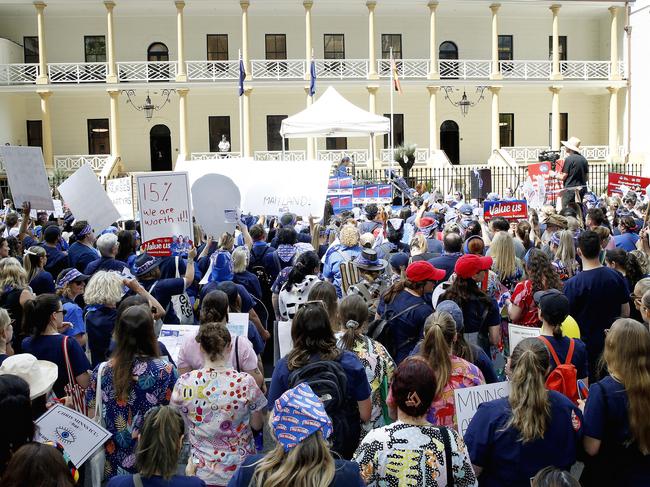
“You can draw a straight line between the international student caps and the quality of healthcare in Western Sydney three years from now,” Professor Williams warned.
“We simply do not have enough domestic students studying nursing.”
University of Sydney Dean of Medicine Professor Robyn Ward said more than 500,000 new healthcare and social assistance jobs will be needed across the country by 2033.
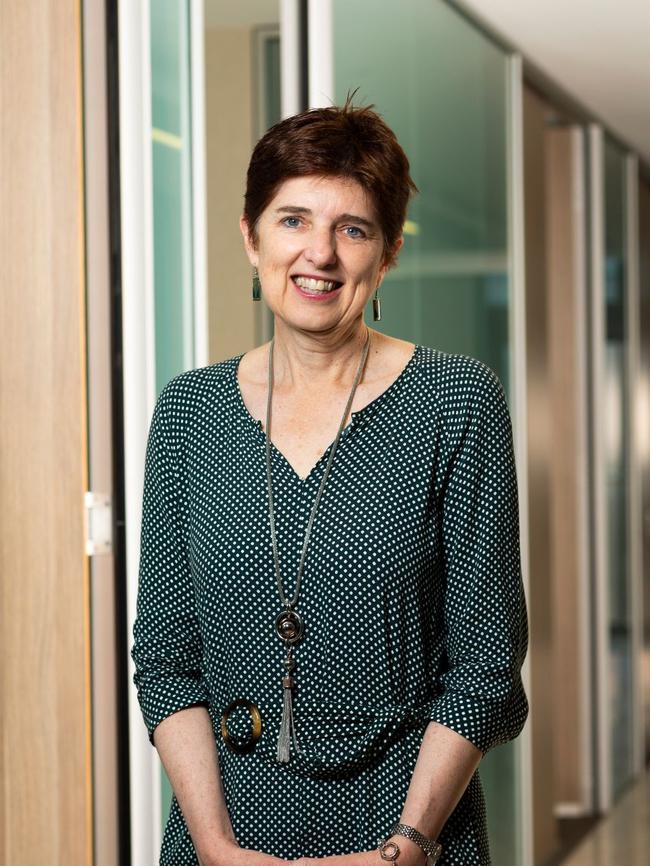
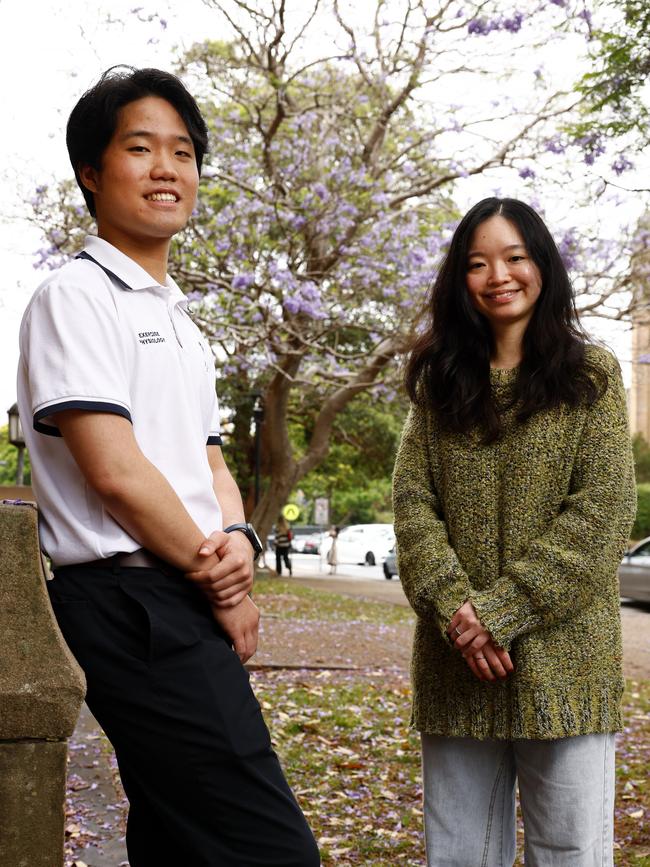
“Limitations on the number of students the sector can train will eventually impact on public health service delivery in NSW in areas like dentistry, pharmacy, health sciences and nursing,” she said.
It comes as economic modelling undertaken by consultancy firm ACIL Allen for the University of Sydney found the caps will add up to $4.1 billion in lost GDP nationwide and nearly 22,000 jobs, including $1.1 billion in NSW alone.
Vice-Chancellor Mark Scott said he is “deeply concerned” about how the policy will impact both the university’s own operations and the Australian economy more broadly.
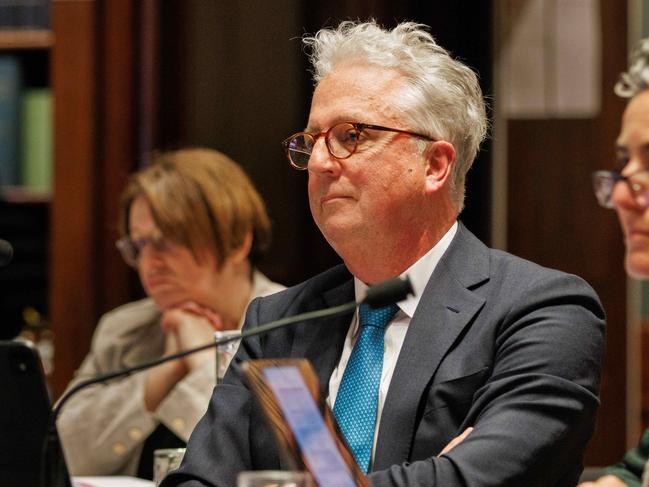
“International student fees … help to cover funding shortfalls of more than $10,000 per domestic student in courses like veterinary science,” he said.
“We accept that managed growth is necessary but these rushed policy changes could severely damage the university sector.”
Hospitality industry figures also fear the changes are a double whammy for their sector, whittling away at their workforce and their market.
International students fill roles as bartenders, baristas, wait staff and hotel workers and the caps will have a “fundamental impact” across the board, Restaurant and Catering Association CEO Suresh Manickam said.
“We’re effectively punishing an already struggling sector,” Mr Manickam said.
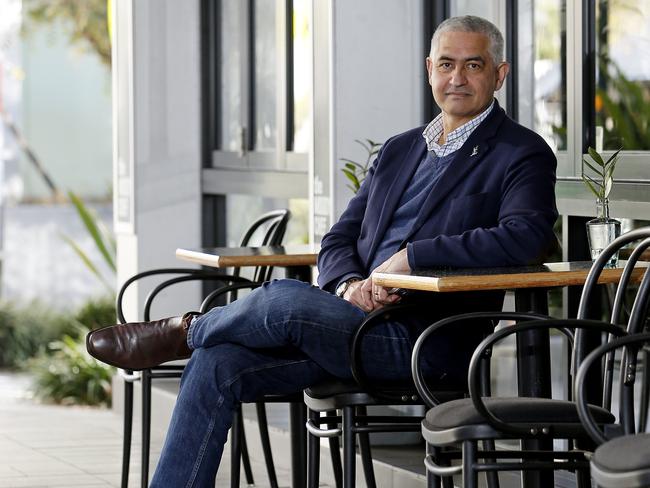
Sydney’s The Cat’s Meow bar owner Henri Azzi said the cuts in international students would bring back an unsustainable, Covid-like scramble for staff for hospitality businesses.
“It’s already a struggle to get good staff. The shortage makes the prices go up,” he said.
“It’s going to be like a bidding war again.”
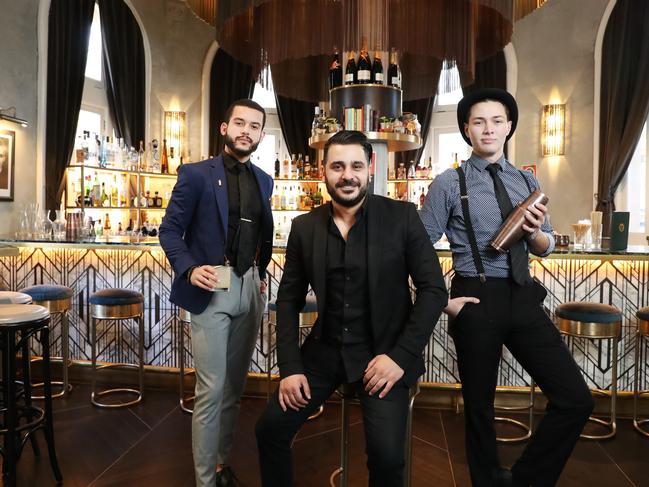
Hong Kong 22-year-old Marco Yim studies exercise physiology at the University of Sydney but works at a residential aged care clinic at the Leichhardt while earning his degree, and wanted to stay on once qualified.
Mr Yim was “shocked” when he found out the federal government was introducing caps.
“International students contribute lot to Australian society, especially as allied health workers soon to graduate,” he said.
“Does Australia even want us to be here?”
Chinese citizen 24-year-old Hazel Fu has just finished a clinical placement at Westmead Hospital, nearing completion of her Master of Nutrition and Dietetics degree, and said the student caps have left her feeling “devastated”.
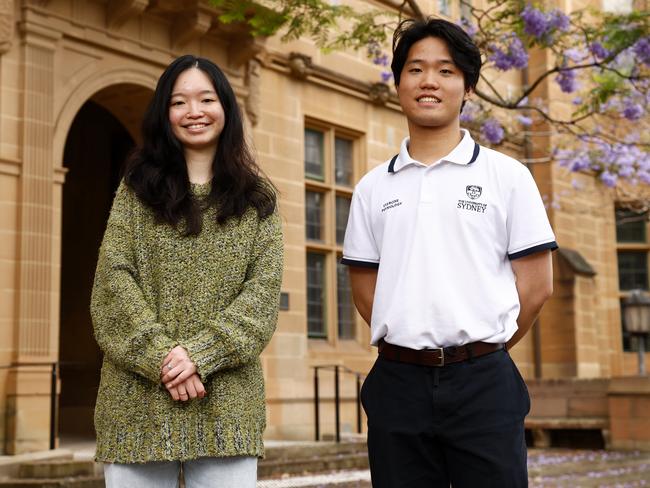
“I’m hoping that the federal government can recognise the benefit that international students bring – not only economically, but also in practical ways,” she said.
Federal Education Minister Jason Clare said his government would make “no apology” for bringing migration back to pre-pandemic levels, including international student arrivals.
“The main job of our universities is to educate Aussies, to make sure that more Australians get a crack at going to university and succeed when they get there,” he said.
“That’s my focus.”
More Coverage
Read related topics:Future Sydney: Bradfield Oration




